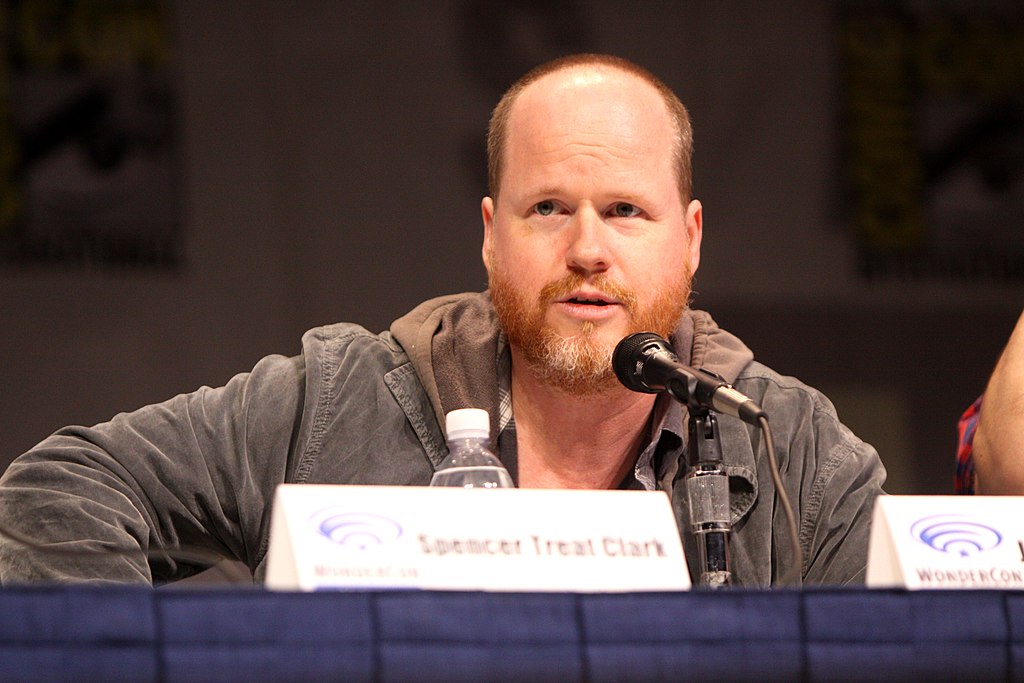No matter what anybody tells you, cancel culture is real — though it disproportionally affects more vulnerable people, as opposed to wealthy celebrities. I’ve felt its effects on my work efforts and my bottom line too ,and believe me, I’m not exactly in a place where I can deal with it by granting a celebrity interview that reveals me as a sensitive and complicated person who perhaps deserves a tiny break, or at least to not be tarred and feathered.
Still, it was fascinating to read Lila Shapiro’s profile of embattled writer and director Joss Whedon, and to note people’s reactions to it. Whedon has been accused of being abusive toward people who work for him in recent years and, in particular, of abusing his power as far as young, attractive women are concerned. He also used to have a nearly god-like status among his fans. A lot of these fans, now embarrassed and/or distressed at having put their trust in Whedon, haven’t just distanced themselves from his work, they don’t want him to work again, ever. And some have come after Shapiro for giving him a platform.
I could debate the nuances of this situation, but there are people who are better equipped to do that than I am — and anyway, this column focuses not just on current events, but mental health.
So I am here to tell you this: forget about Joss Whedon. Forget about anyone whom you’ve put on a pedestal. It doesn’t matter if they’re famous, or just a crush you have, or a mentor you look up to. Pedestals are never healthy. They exist for us to tumble off of.
Celebrity culture has always been pretty horrifying, but it’s especially horrifying when it comes to stars who are seen as “approachable.”
When you’re approachable, people don’t just think they own you. They set unrealistic expectations and disappoint themselves in the process.
I have firsthand knowledge of this phenomenon. When I married my then husband in Moscow, he was a fairly successful director and stage actor. His small-but-loyal following was shocked when we sent out a wedding announcement (we’d kept our relationship very private up until that point). I was hassled, online and off, people said awful things to me and about me, and, in a situation that would repeat itself years later, in DC, one woman accused me of being an American spy. I was pregnant at the time. Then I was nursing. This was not fun for me.
My point is this: parasocial relationships with our favorite creators hurt us and they hurt them. Nobody wins in this scenario.
It’s great to engage with someone’s work and to appreciate that person. It’s great to offer critique. What’s not so great is when the entire thing gets claustrophobically, exhaustingly personal.
Celebrity gossip is not going to go away, but perhaps the intensity really ought to
Watching Whedon’s Buffy the Vampire Slayer was and is a rewarding and challenging experience. Being obsessed with Whedon’s dating life is not. I’m not saying that one shouldn’t call out potentially abusive and/or inappropriate behavior — but beyond that, what are you going to do? It’s almost as if thousands of people have decided that it’s somehow cooler and more intellectual of them to focus on Whedon as opposed to, say, Kim Kardashian. Actually, this kind of focus on anyone is bad.
I can honestly say that on some level, I sympathize with Whedon’s ex-wife, Kai Cole, because my marriage was also not a good one, and it was also plagued by infidelity. However, I wouldn’t want people to look back on the work I did with my husband and devalue it. Because they’d only be devaluing my contribution too — and besides my son, that’s the one thing I can salvage from those dark and difficult years.
We all deal with our personal troubles differently but when they become public property, it’s that much harder. Celebrity gossip is not going to go away, but perhaps the intensity of the gossip really ought to.
After all, you don’t know these people. You can’t control them. What you can do is focus on yourself.
Image credit: Gage Skidmore

